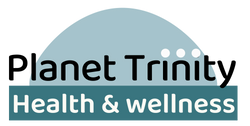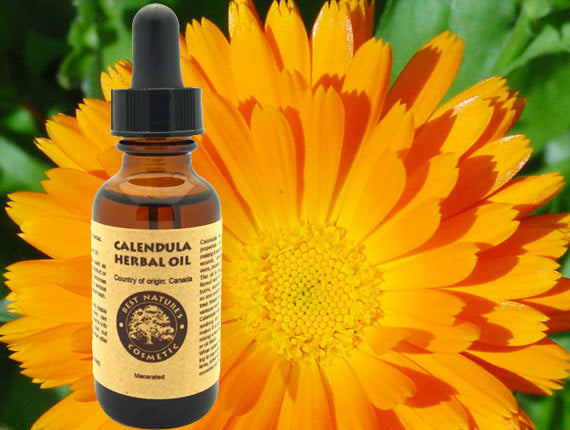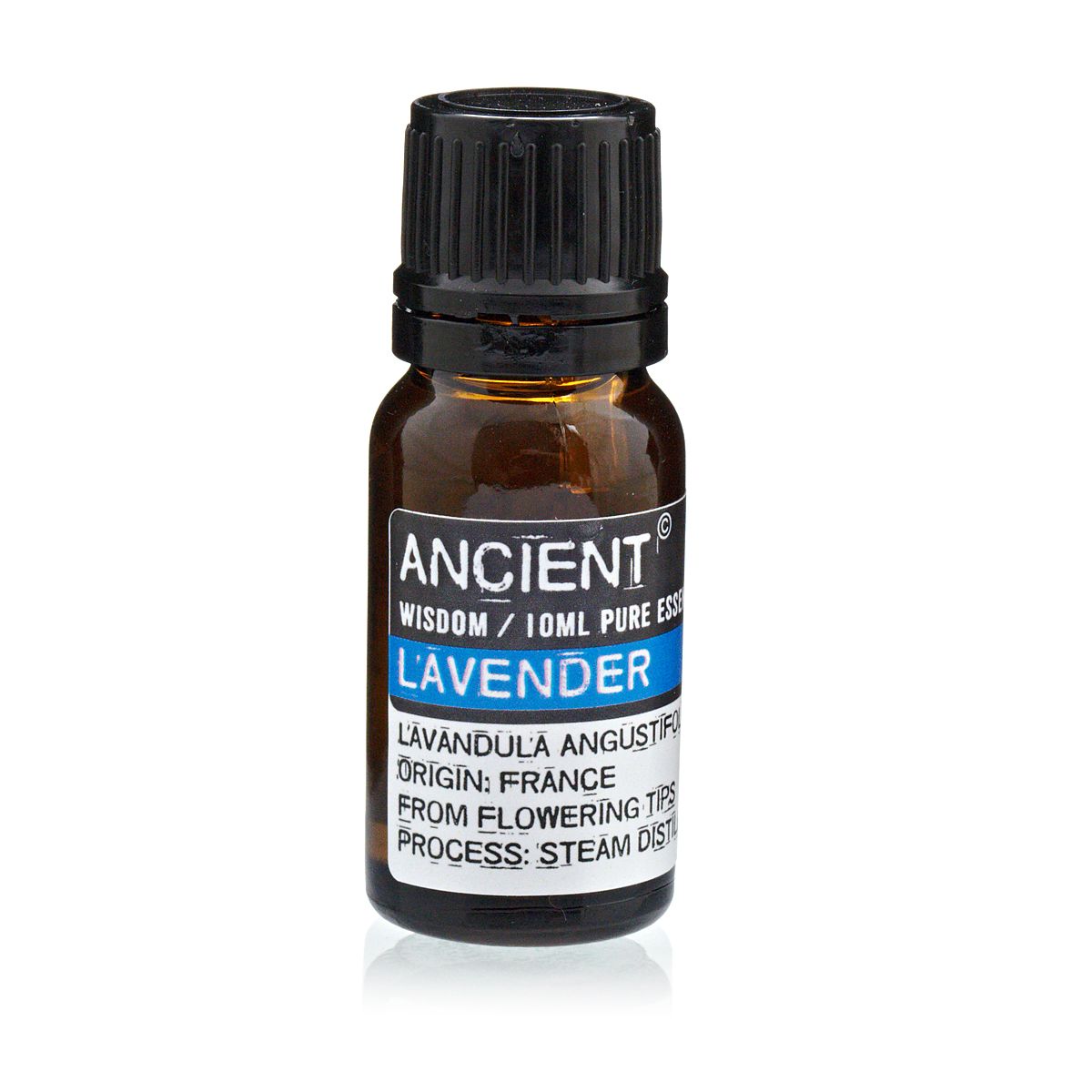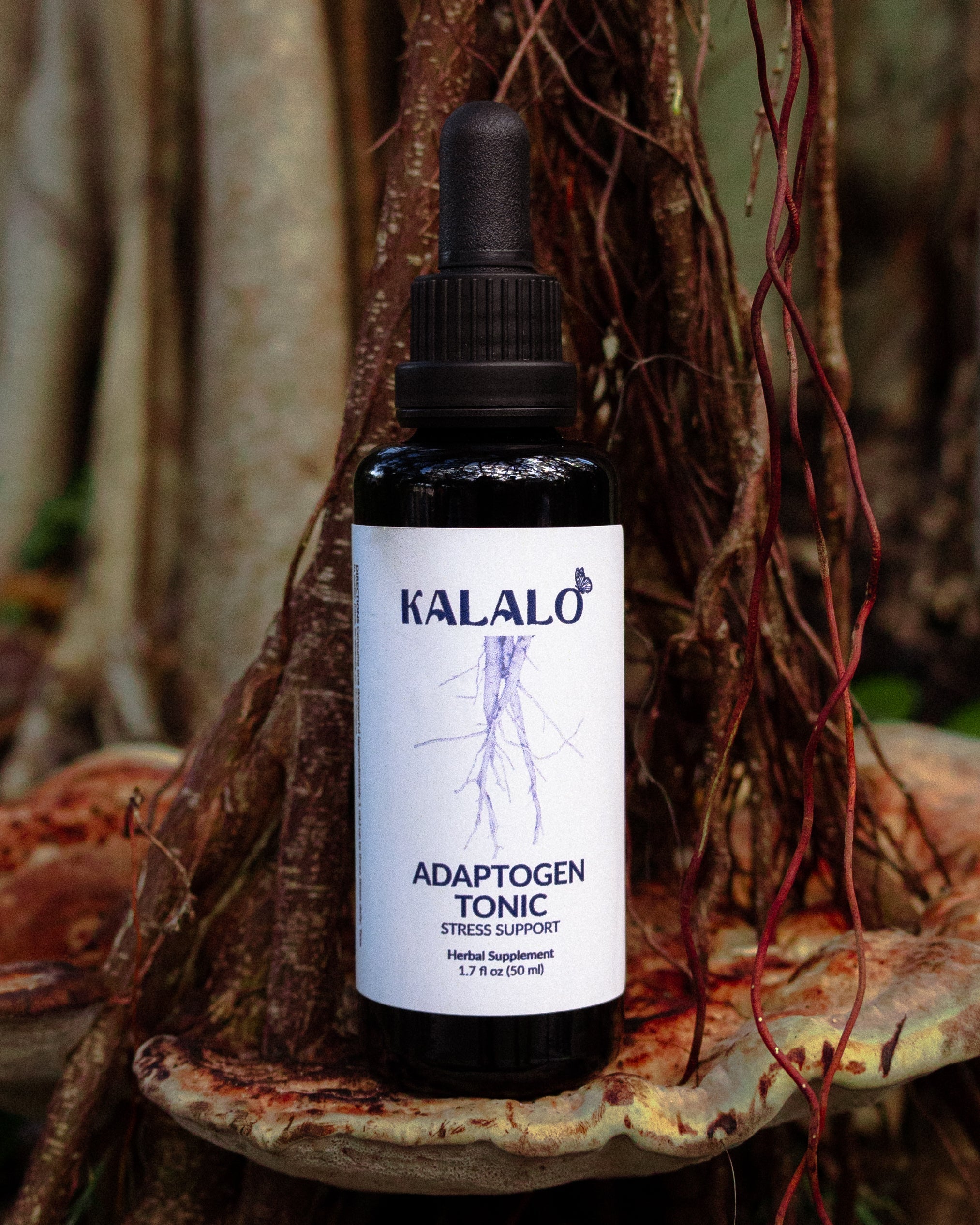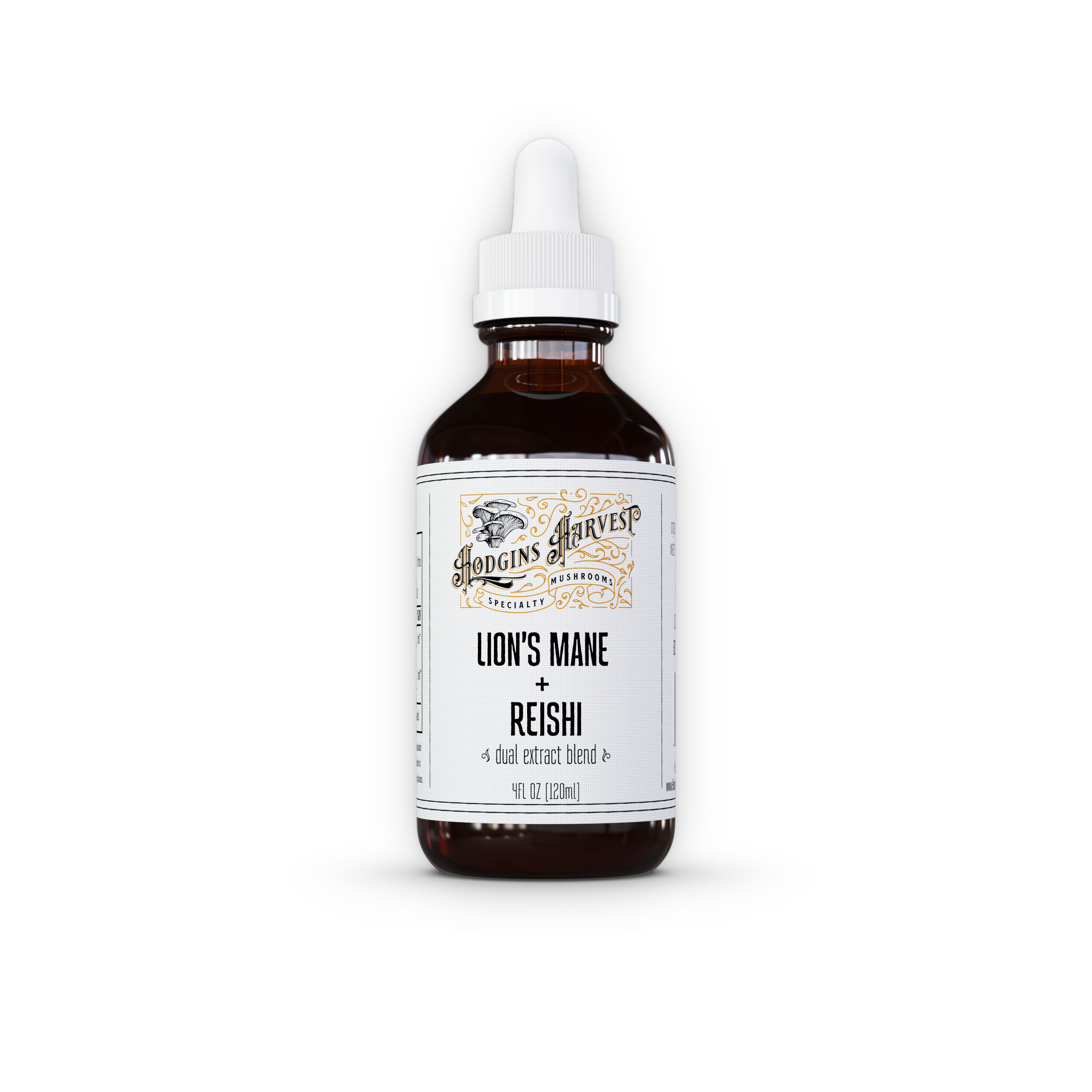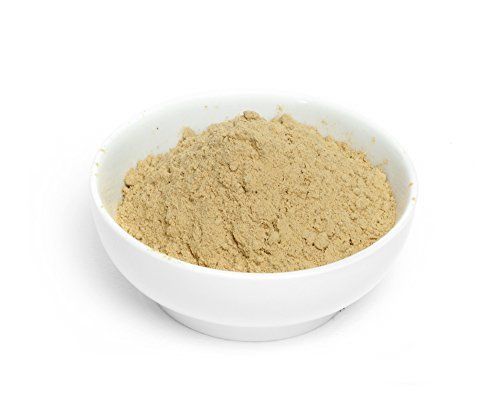
Depression is a complex mental health condition characterized by persistent feelings of sadness, hopelessness, fatigue, and loss of interest or pleasure in daily activities. While clinical treatment often involves psychotherapy and medication, integrative approaches—such as supplements, lifestyle modifications, crystals, aromatherapy, and sound therapy—are increasingly recognized for their supportive role in enhancing mental health and emotional resilience.
This comprehensive guide explores scientifically supported natural strategies and healing modalities to assist in depression recovery, empowering you to complement traditional treatments and foster overall well-being.
Understanding Depression and Its Underlying Mechanisms
Depression involves dysregulation of neurotransmitters (serotonin, dopamine, norepinephrine), impaired neuroplasticity, chronic inflammation, oxidative stress, and hormonal imbalances. Addressing these core factors through holistic means can help restore balanced brain chemistry, improve mood, and promote emotional healing.
Evidence-Based Nutritional and Supplement Support
1. Omega-3 Fatty Acids (EPA and DHA)
- Support: Neuroinflammation reduction, membrane fluidity, neurotransmitter balancing.
- Research: Multiple meta-analyses (Journal of Clinical Psychiatry, 2016; JAMA Psychiatry, 2019) show omega-3s, especially EPA, reduce depressive symptoms, especially in treatment-resistant cases.
2. S-Adenosylmethionine (SAMe)
- Support: Acts as a methyl donor, boosting serotonin, dopamine, and norepinephrine.
- Research: Clinical trials (American Journal of Psychiatry, 2004) indicate SAMe can improve mood comparable to standard antidepressants.
3. Vitamin D
- Support: Regulates neuroimmune activity and serotonin synthesis.
- Research: Low vitamin D levels are linked to depression severity; supplementation (Nutrients, 2018) has shown to improve mood and reduce symptoms.
4. B-Vitamins (B6, B12, Folic Acid)
- Support: Cofactors in neurotransmitter synthesis and methylation pathways critical for mental health.
- Research: Deficiencies are common in depression; supplementation improves mood and cognitive function (PLoS One, 2014).
5. Magnesium
- Support: Modulates NMDA receptor activity, reducing excitotoxicity; promotes relaxation.
- Research: Magnesium supplementation (Magnesium Research, 2017) shows reductions in depressive scores.
6. N-Acetylcysteine (NAC)
- Support: Supports antioxidant defenses, reduces neuroinflammation, and modulates glutamate.
- Research: Several studies (Biological Psychiatry, 2012; J Clin Psychiatry, 2016) demonstrate NAC’s effectiveness in reducing depressive symptoms, particularly associated with bipolar disorder and treatment-resistant depression.
7. Probiotics
- Support: Enhances gut-brain axis health, reduces systemic inflammation, and influences neurotransmitter production.
- Research: Meta-analyses (General Psychiatry, 2019) support probiotics' role in reducing depressive symptoms.
Herbal and Botanical Support
8. St. John’s Wort
- Support: Contains hypericin and hyperforin, which inhibit reuptake of serotonin, dopamine, and norepinephrine.
- Research: Well-established (Cochrane Review, 2017) for mild to moderate depression; consult healthcare provider due to drug interactions.
9. Rhodiola Rosea
- Support: Adaptogen that regulates HPA axis, reduces fatigue, and enhances mood.
- Research: Clinical trials (Phytomedicine, 2018) demonstrate improved emotional resilience and decreased burnout.
Crystals, Sound Therapy, and Aromatherapy for Emotional Stabilization
Crystals
- Amber and Citrine: Known to uplift mood and promote positivity.
- Lepidolite: Contains lithium (a natural mineral) and supports calming emotions.
- Application: Keep in your environment, meditate with them, or place on your heart chakra for emotional release.
Sound Therapy
-
Tibetan Singing Bowls and Solfeggio Frequencies:
- Research: Studies (International Journal of Clinical and Experimental Hypnosis, 2016) show sound vibrations can reduce stress, improve mood, and enhance relaxation, supporting emotional releases in depression.
-
Chanting and Mantras:
- Repeating affirmations or calming sounds can entrain brain waves into alpha and theta states, promoting calm and mental clarity.
-
Aromatherapy
Aromatherapy uses essential oils to influence the limbic system—the part of the brain involved in emotions, motivation, and memory—making it a powerful tool to support emotional health during recovery from depression.-
Lavender:
Known for its calming properties, lavender essential oil has been shown in numerous studies (Evidence-Based Complementary and Alternative Medicine, 2012) to reduce anxiety, improve mood, and promote better sleep—all crucial factors in managing depression. -
Bergamot:
This citrus oil has mood-lifting and stress-relieving effects. Research (Omega-3 Journal, 2019) indicates bergamot can decrease cortisol levels and improve feelings of well-being when diffused or applied topically in diluted form. -
Frankincense:
Known for its grounding and uplifting qualities, frankincense can help reduce feelings of anxiety and emotional exhaustion. Its use in meditation and diffusers has supportive evidence for alleviating stress (Journal of Evidence-Based Complementary & Alternative Medicine, 2017). -
Clary Sage and Chamomile:
These essential oils are also commonly used to promote relaxation, balance mood, and ease emotional tension.
How to Use:
Diffuse essential oils in a diffuser, add a few drops to a warm bath, or dilute with a carrier oil and gently massage onto pulse points or chest. Combining aromatherapy with mindful breathing or meditation can amplify its calming effects and help release emotional blocks, supporting overall emotional resilience. -
Supporting Brain Function and Emotional Resilience with Aromatherapy and Sound
Incorporating soothing scents like lavender and bergamot through diffusers, massage, or baths can ground and comfort the mind. Listening to calming music or specific frequencies like 528 Hz can stimulate alpha brain waves—associated with relaxation—and reduce cortisol levels, supporting emotional stability and mental clarity.
Integrative Lifestyle Strategies for Managing Depression
While supplements and therapies provide valuable support, lifestyle modifications are crucial for holistic healing:
- Regular Physical Activity: Exercise releases endorphins, enhances neurogenesis, and improves mood (JAMA Psychiatry, 2018).
- Mindfulness and Meditation: Practice deep breathing, body scans, or guided visualization to reduce stress and foster present-moment awareness.
- Quality Sleep: Aim for 7-9 hours of restorative sleep to support brain detoxification and emotional regulation.
- Healthy Gut Diet: Consume fiber-rich foods, fermented foods, and minimize processed sugars to support the gut-brain axis.
- Social Connection: Engage with loved ones or support groups to combat isolation, a common factor in depression.
Conclusion: A Personalized, Healing Journey
Recovering from depression often involves an individualized approach that combines evidence-based nutraceuticals, natural therapies, and lifestyle adjustments. Supporting your brain and emotional health with targeted supplements like omega-3s, B-vitamins, NAC, and vitamin D can address underlying biochemical imbalances. Complementing these with aromatherapy, sound therapy, and emotional work can further promote relaxation, self-compassion, and resilience.
Remember: Always work with healthcare professionals—such as mental health therapists, integrative medicine practitioners, or dietitians—to develop a comprehensive plan tailored to your needs. Be patient and gentle with yourself on this healing journey; profound transformation takes time, compassion, and holistic care.
Disclaimer:
This article provides general information and is not a substitute for professional medical or mental health advice. If you experience severe depression or suicidal thoughts, seek immediate help from qualified healthcare providers.
